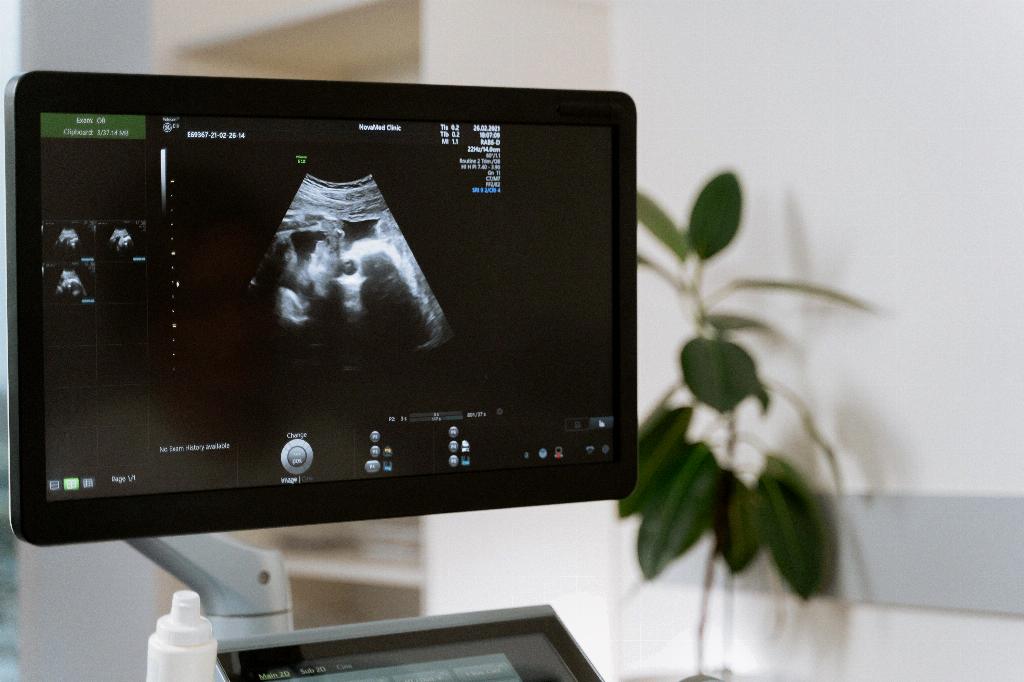Figs are undoubtedly a delightful and nutritious snack for many individuals. Their sweet taste and plethora of health benefits make them a popular choice for a quick and satisfying treat. However, it’s important to be mindful of certain circumstances where consuming figs might not be the best choice for your well-being.
1. Blood-Thinning Medications
If you are on blood-thinning medications, it’s crucial to exercise caution when it comes to eating figs. These luscious fruits are packed with vitamin K, a nutrient known to aid in blood clotting. Consuming large amounts of figs while on blood thinners can potentially interfere with the effectiveness of your medication.
2. Digestive Sensitivities
Individuals with sensitive digestive systems may want to approach fig consumption with care. Figs contain high levels of fiber, which can be challenging for some people to digest. If you have a history of digestive issues or sensitivities to high-fiber foods, it’s recommended to consume figs in moderation to avoid any discomfort.
3. Allergies to Latex
It’s surprising to learn that figs share a cross-reactivity with latex, a common allergen for many individuals. If you have a known latex allergy, there is a possibility that you may experience an allergic reaction to figs as well. In such cases, it’s best to steer clear of figs and opt for alternative fruits that are not linked to latex allergies.
4. Weight Management Goals
While figs offer numerous health benefits, including fiber content that can aid in weight management, it’s essential to be mindful of portion sizes. Figs are relatively high in natural sugars and calories, so if you’re trying to manage your weight or blood sugar levels, it’s advisable to enjoy figs in moderation as part of a balanced diet.
5. Preparing for Surgery
If you have an upcoming surgical procedure scheduled, it’s wise to check with your healthcare provider regarding fig consumption. The vitamin K content in figs can affect blood clotting, which may have implications for surgical outcomes. Your healthcare provider can provide personalized advice based on your specific situation.
6. Medication Interactions
Aside from blood-thinning medications, figs may also interact with certain medications due to their high nutrient content. If you’re taking any prescription drugs or supplements, it’s recommended to consult with your healthcare provider or pharmacist to ensure that consuming figs will not interfere with the efficacy of your medications.
7. Renal Health Concerns
Individuals with kidney issues or concerns related to renal health should approach fig consumption with caution. Figs are rich in potassium, a mineral that can impact kidney function when consumed in excess. If you have any renal health conditions, it’s advisable to speak with your healthcare provider before adding figs to your diet.
8. Diabetic Diet Management
For individuals managing diabetes or blood sugar levels, monitoring carbohydrate intake is crucial. While figs offer beneficial fiber, they also contain natural sugars that can affect blood glucose levels. It’s essential to include figs in your meal plan while accounting for their carbohydrate content and coordinating with your healthcare team to maintain optimal blood sugar control.
9. Pregnancy and Lactation
Expectant mothers and individuals who are breastfeeding should consider the impact of fig consumption on their health and the well-being of their baby. Figs provide essential nutrients, but it’s essential to ensure that your dietary choices align with the recommendations of your healthcare provider to support a healthy pregnancy or lactation journey.
10. Potential Overconsumption Risks
While figs offer an array of health benefits, excessive consumption can lead to potential risks. Overeating figs can contribute to digestive issues such as bloating, gas, or diarrhea due to their high fiber content. To avoid such discomfort, it’s advisable to enjoy figs in moderation as part of a varied and balanced diet.
11. Quality and Freshness Considerations
When selecting figs for consumption, it’s essential to consider the quality and freshness of the fruits. Opt for ripe figs that are free from mold or signs of spoilage to ensure that you’re enjoying a nutritious and safe snack. As with any perishable food item, proper storage and handling practices can help maintain the quality of your figs.
12. Individual Health Considerations
Lastly, it’s important to acknowledge that individual health factors and personal dietary needs can influence whether figs are suitable for your consumption. If you have specific health conditions, allergies, or dietary restrictions, consulting with a healthcare provider, nutritionist, or dietitian can offer tailored guidance on incorporating figs into your diet safely and effectively.

